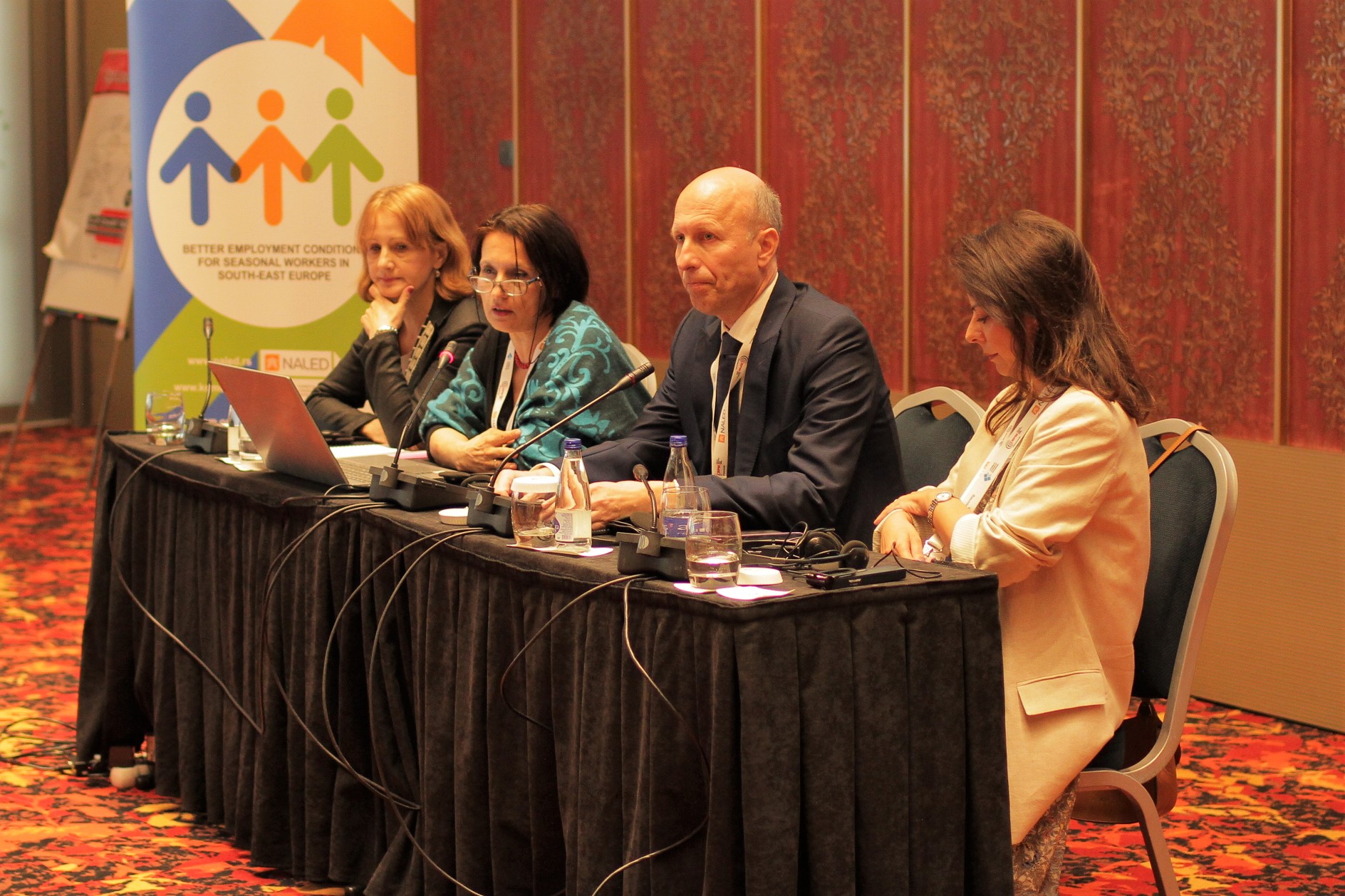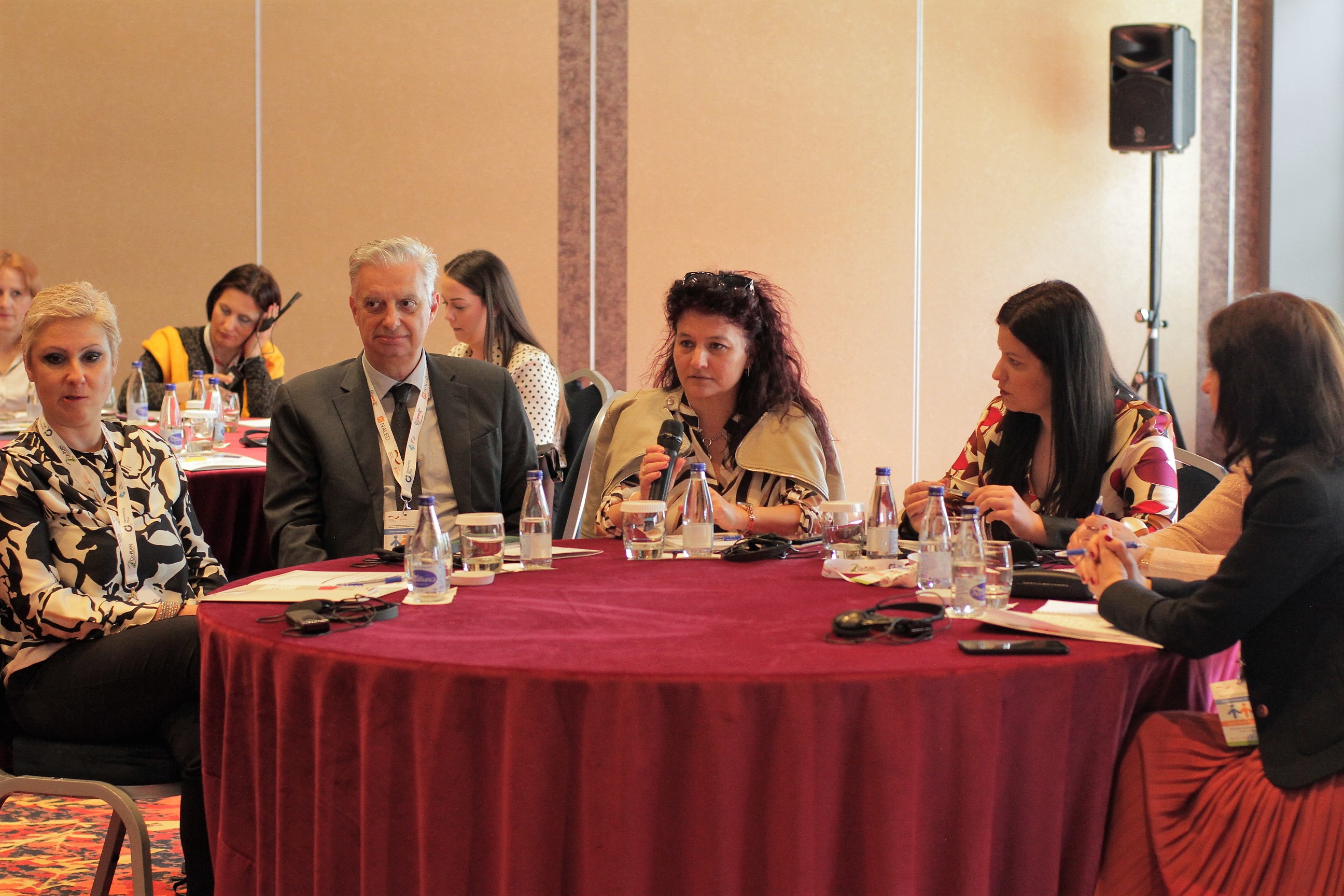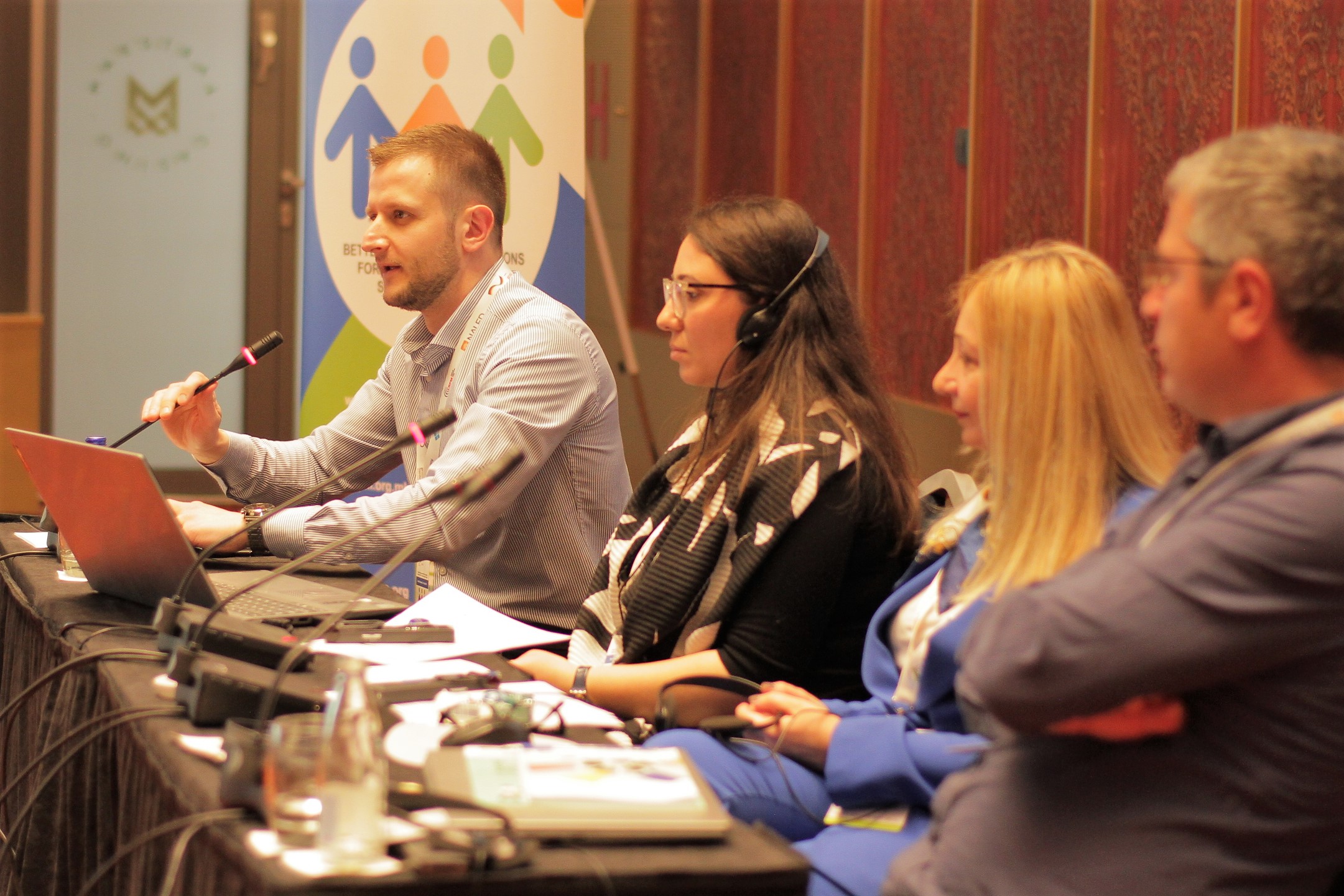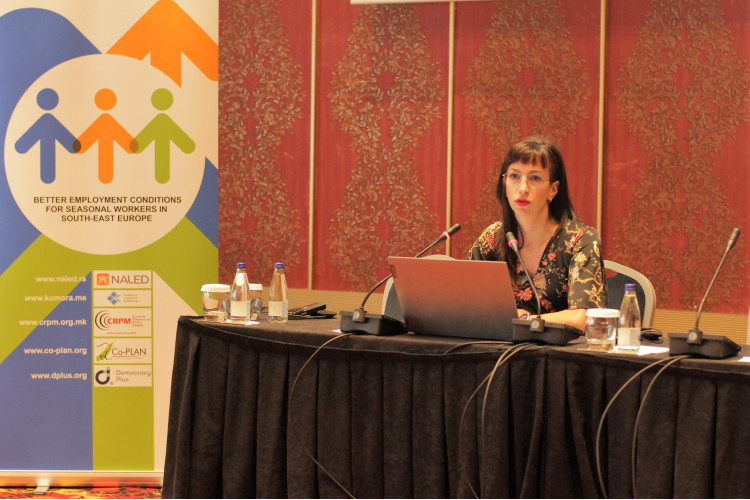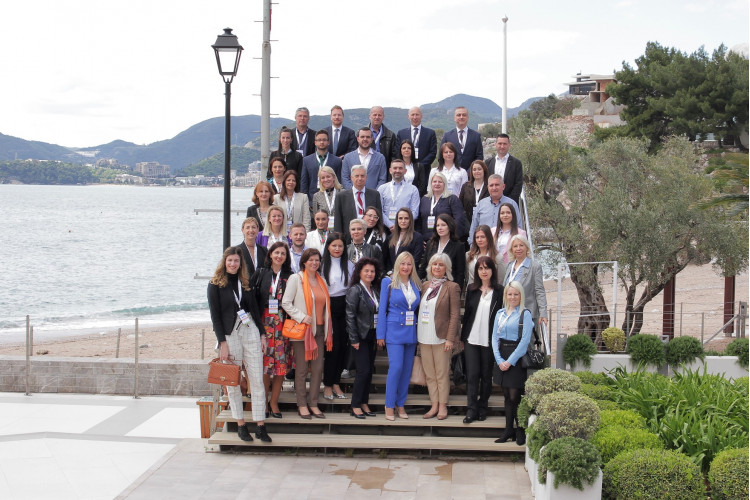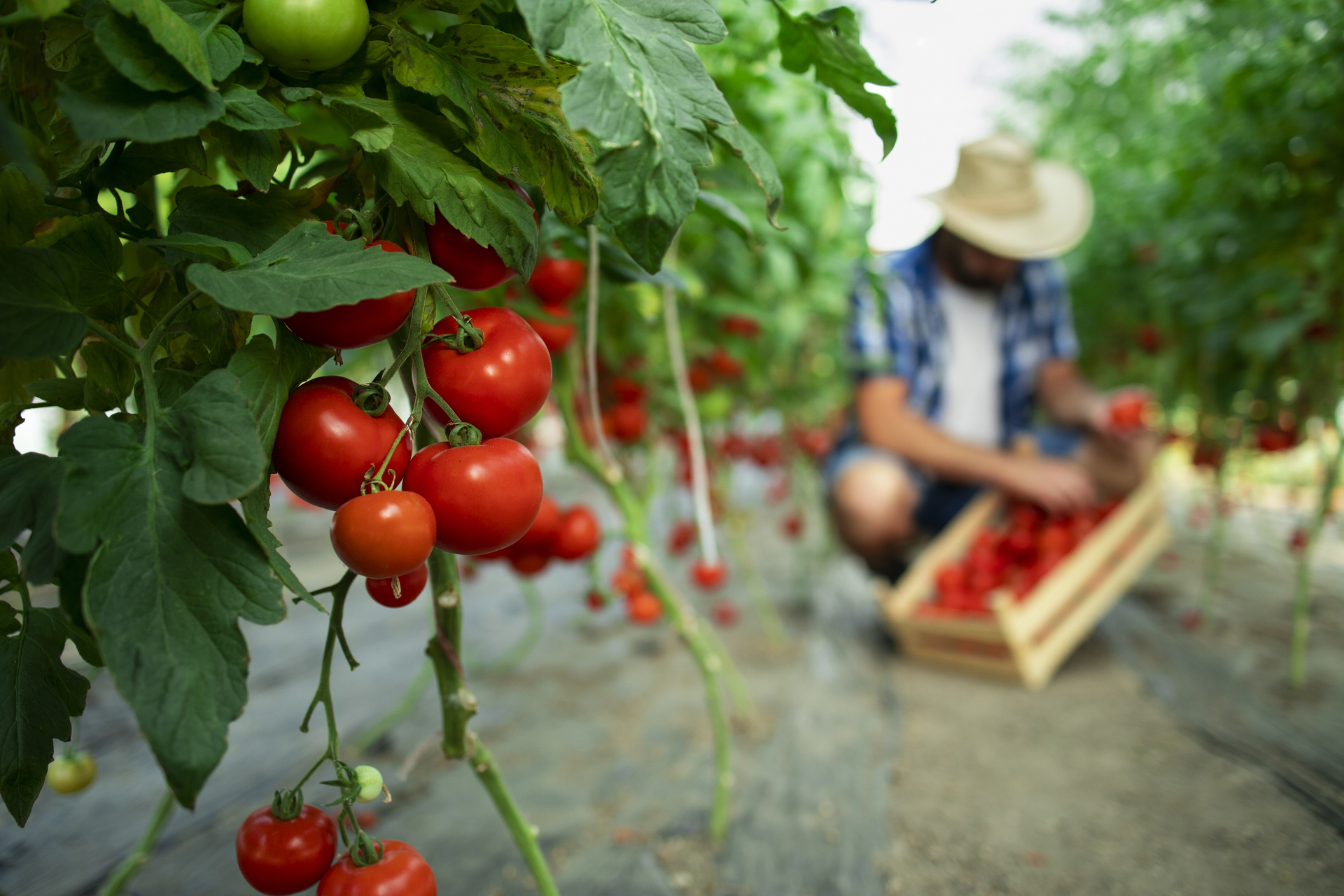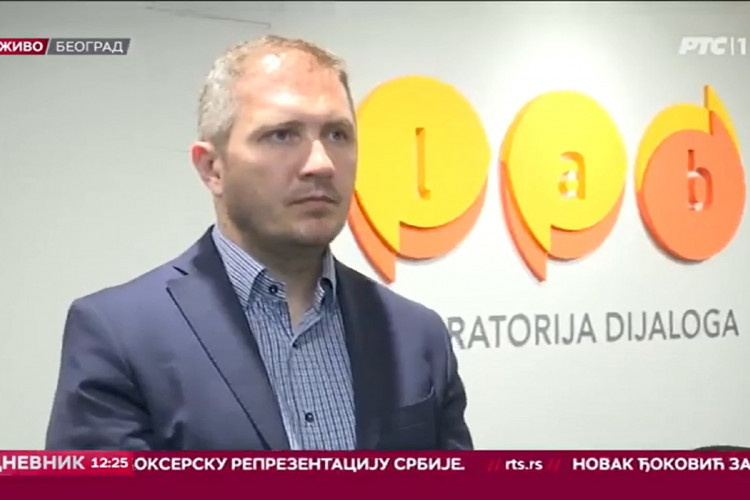The region united to introduce electronic registration of seasonal workers
Since the launch of electronic registration of seasonal workers in agriculture, more than 75,500 seasonal workers have been registered in Serbia in four years, and countries in the region see this reform as a way to deal with the gray economy in their own systems. With the aim of expanding the best practice example among the members of the Western Balkans, a study exchange was organized in Budva at the beginning of April, which brought together relevant institutions from Albania, North Macedonia, Montenegro and Serbia.
NALED, as one of the initiators of the reform, presented an analysis of the impact of the seasonal engagement reform in agriculture and the results achieved one year after the establishment of the portal. Namely, before the passing of the Act on Simplified Work Engagement of Seasonal Workers, about 3,500 seasonal workers were registered, while 95% worked illegally.
The success of the reform is embodied in the simple registration procedure on the sezonskiradnici.gov.rs portal, which only takes a few minutes. In order to fill out the electronic form, employers need to have minimal digital skills, and when the employee registers through a portal or application made by the employer, the tax and contribution obligations are calculated by the software itself. At the end of each month, the tax return is automatically generated and the employer receives a monthly statement for all employees hired in the previous month. In order to avoid violations of workers' rights or any irregularities, during the implementation of this process, the Law stipulates that the Tax Administration, the Agricultural Inspection and the Labor Inspection shall supervise the proper implementation.
Representatives of the Ministry of Labor, Employment, Veterans and Social Rights, the Tax Administration, the Central Register of Mandatory Social Insurance and the National Employment Service brought their colleagues closer to the process of implementing the reform of the engagement of seasonal workers in agriculture in Serbia, from the formation of the working group to the adoption of the Law.
The focus of the gathering was also on expanding the reform to other activities besides agriculture, so in Albania and North Macedonia electronic registration of workers would also be valid in tourism, while in Serbia the areas of construction, hospitality and domestic work are also being considered.
The German development cooperation, implemented by GIZ, has from the beginning supported the digitization of registration of seasonal workers in agriculture, as well as the extension to other activities.

